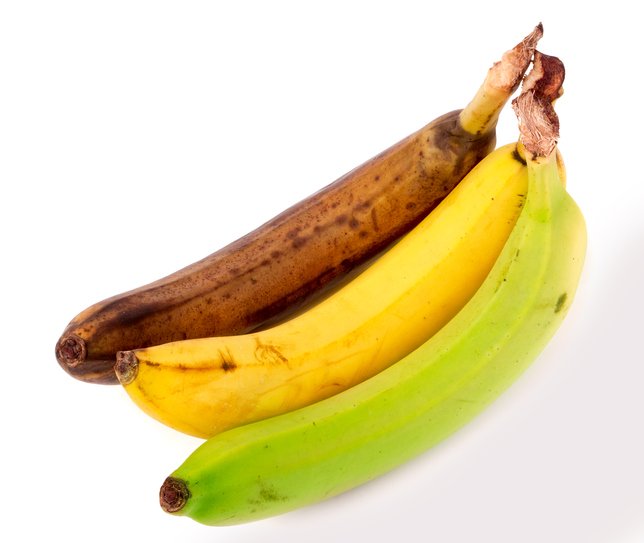Do you have beautiful fruits in the fridge or fruit basket, but they seem too green for your taste? For some of them it is possible to speed up ripening, but this only works for those that are climacteric (these are the fruits that ripen after picking whereas a non-climacteric fruit will become ripe while growing on its tree and will not change afterward, except by rotting). Here are tips for your seasonal fruits and vegetables in the refrigerator or at room temperature (for example for exotic fruits or tomatoes) to ripen more quickly! Good ripe fruits with exquisite aromas are yours for a successful tasting
1) To ripen the avocado, put it with a banana in a brown paper bag overnight.
Banana produces a lot of ethylene, a gas which promotes the ripening of all fruits. Using a paper bag speeds up the process by raising the gas concentration, removing moisture and passing some air over time, so it breathes more than the plastic bag (which promotes as for him rotting).
Another quicker technique for ripening an avocado, you can put it 10 minutes at 90°C in the oven (after wrapping it in foil). This will speed up the ripening process, but the avocado will not be cooked! Its flavor will therefore remain intact.
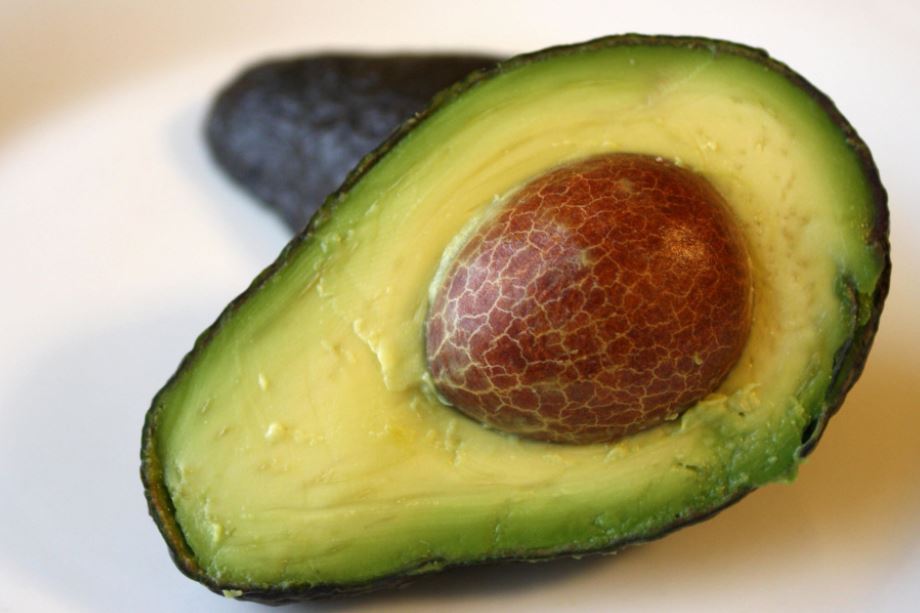
2) For very ripe and sweet bananas, place them overnight in a brown paper bag with an apple.
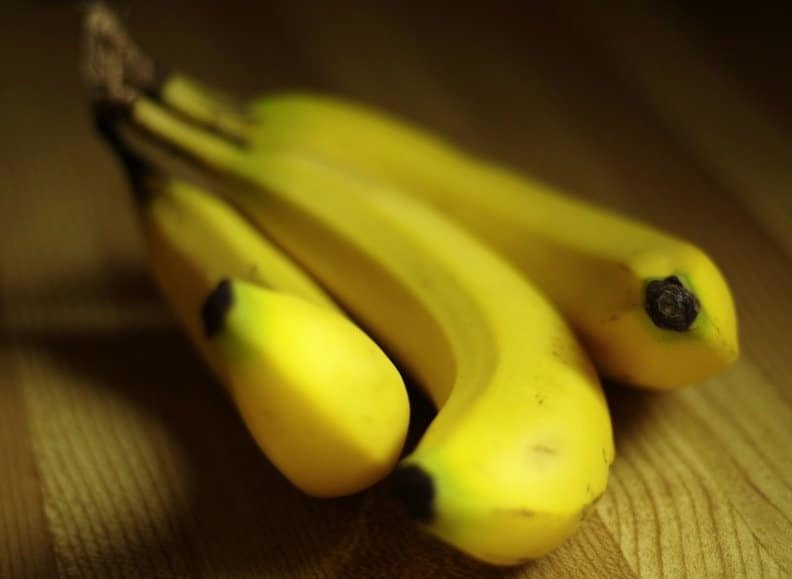
Like the banana, the apple releases a lot of ethylene and this will make the bananas riper. It is important to use a brown paper bag that is untreated and free of wax, plastic or starch.
Good to know: if you slip apples into your potatoes, this will allow them to keep longer and prevent them from sprouting.
3) Put a mango in a salad bowl filled with rice and cover it well. Leave for a full night!
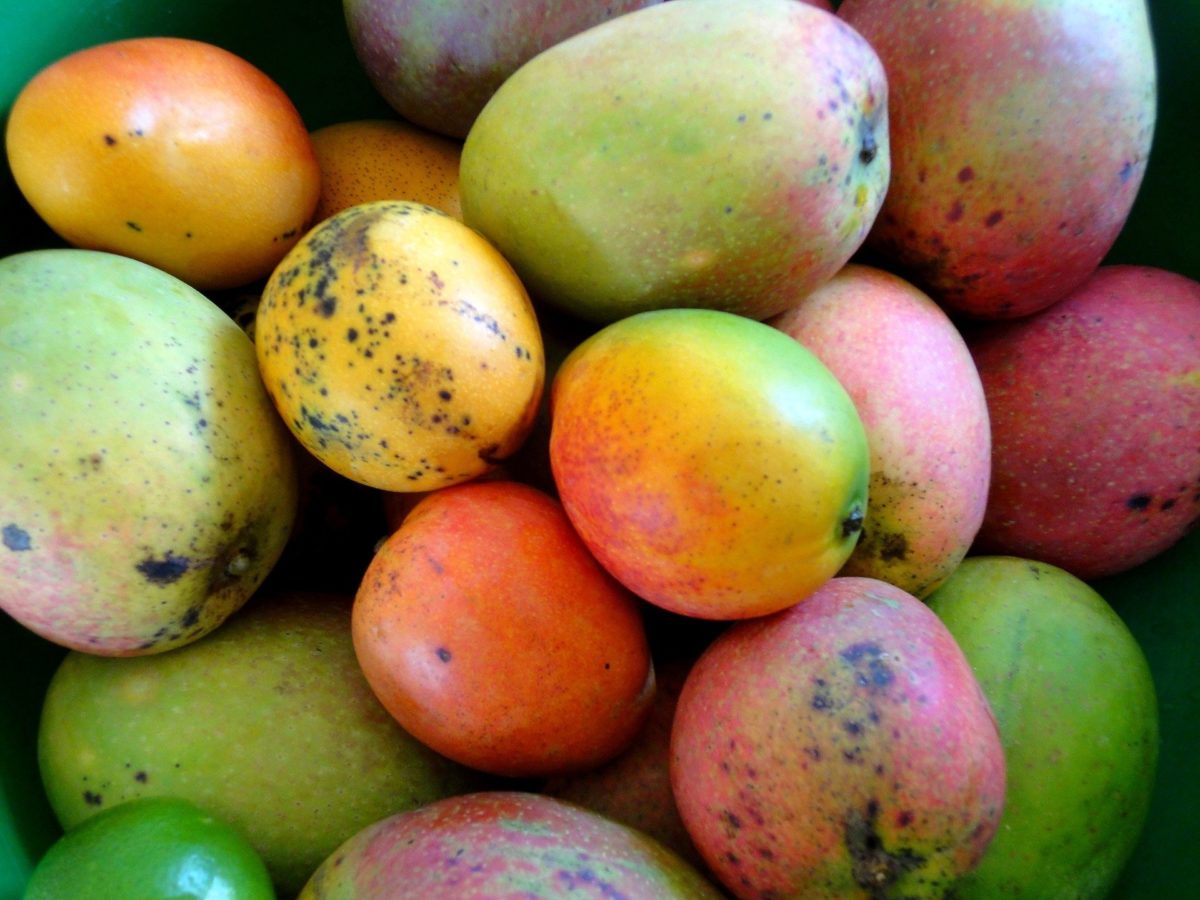
Rice keeps the right amount of ethylene trapped and therefore allows the mango to ripen more quickly. That also protects it from shocks and early rotting as well as the risk of damage. This is particularly done a lot in India where everyone knows this practical tip!
4) Wrap peaches, nectarines and plums in cotton fabric.
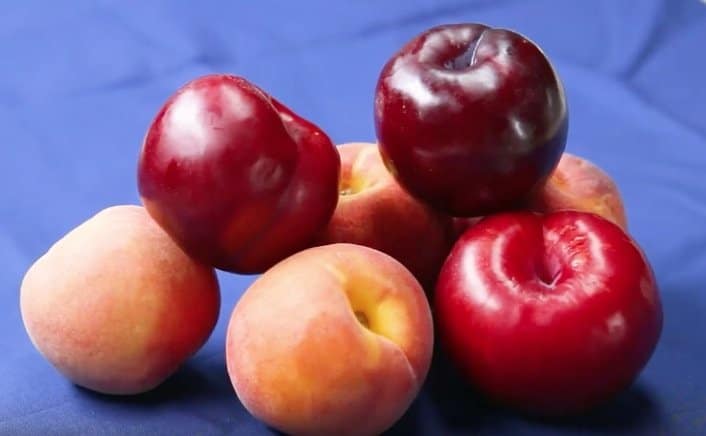
Unfortunately, the brown paper bag trick is not recommended, as it risks making them wilt more than anything else. A cloth allows carbon dioxide from your fruit to escape and oxygen to pass through. After a while, you can literally smell when they are ready: their delicious smell can indeed be felt! On the other hand, avoid using terry cloth to carry out this trick: it absorbs too much humidity.
5) Generally speaking, you can use a ripe fruit to ripen another!
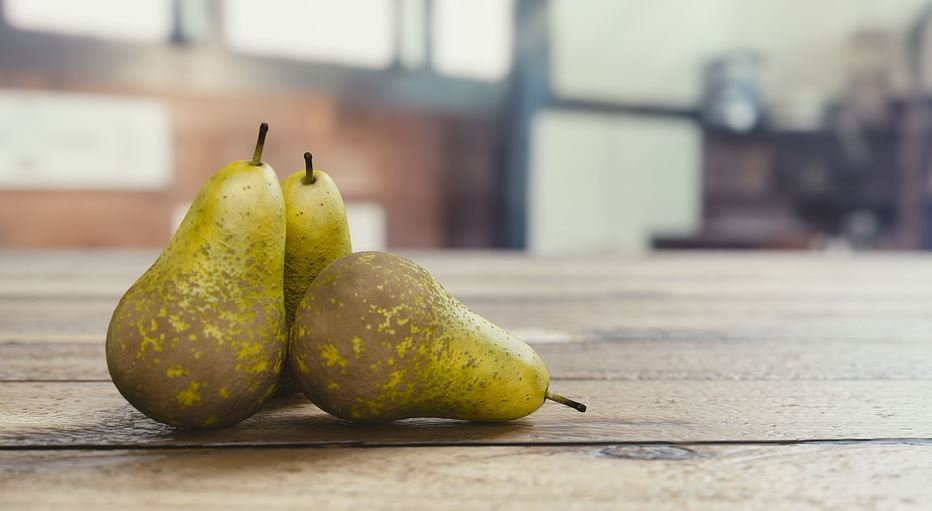
Face to face with a pear as hard as a rock, what to do? You can put it in a brown paper bag with a ripe fruit, an apple or a banana. Fresh fruit releases more and more ethylene as it ripens and as seen above, this gas helps the fruit ripen! Banana and apples release a lot of ethylene at the base and are always useful. Your persimmons, apricots, cherries, pears, kiwis, mangoes, plums and other small fruits rich in nutrients and vitamins (vitamin C, potassium, etc.) will be ripe!
Because of these gases, always be vigilant when a fruit is ripe: rotting is near and the other fruits can quickly suffer (sometimes the entire basket)! Watch carefully for fruit ripening. If they become too ripe, they will only be good for making desserts, jams or compotes…. It’s certainly delicious, but that’s not the point.
And on the contrary, what advice to prevent fruits and vegetables from ripening too quickly?
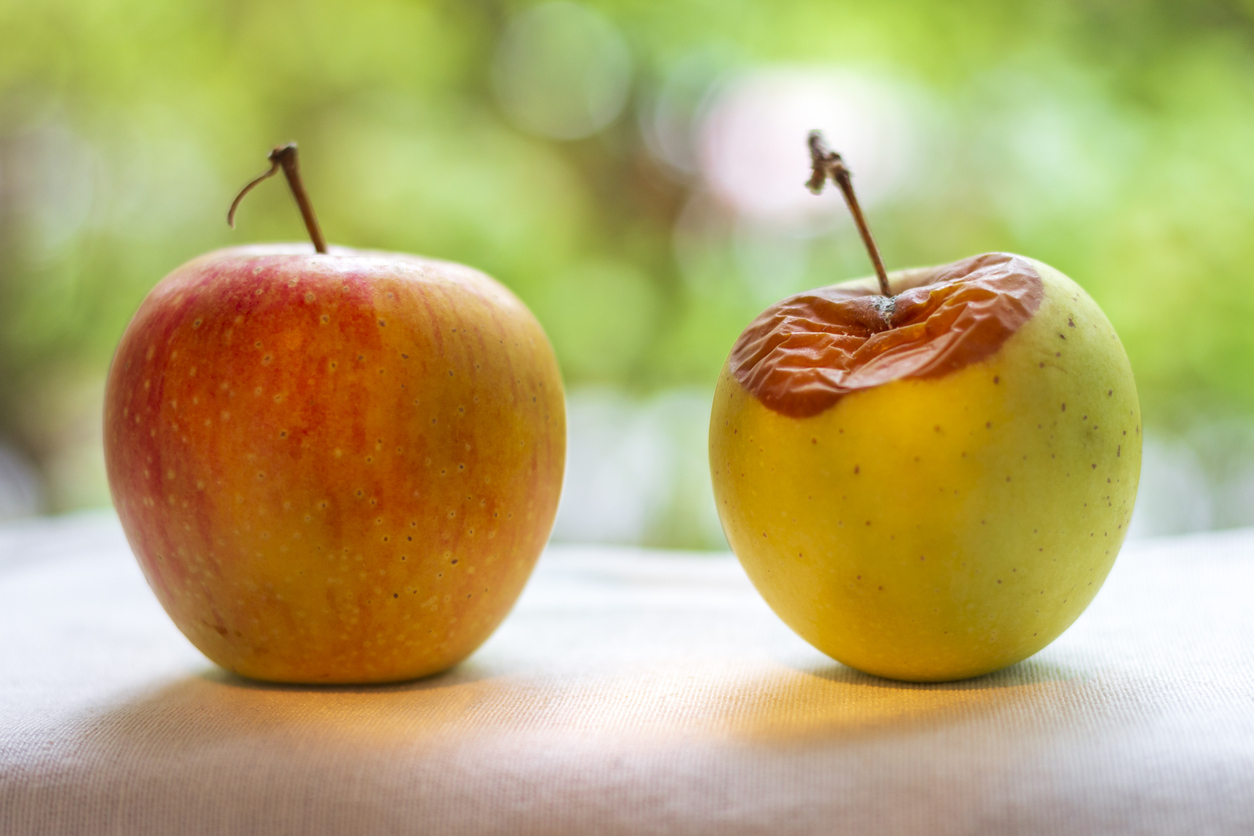
Sometimes, on the contrary, we want to prevent fruits and vegetables from ripening too quickly. Keeping your fruits and vegetables fresh for longer allows you to reduce food waste. Here are some practical tips to get there! First of all, as explained earlier, certain fruits such as apples or bananas produce ethylene, a natural gas which accelerates the ripening process. Better then store them separately from other fruits and vegetables if you want to slow down their maturation.
Moreover, most fruits and vegetables keep best in the refrigeratorexcept tropical fruits like bananas, avocados, tomatoes and citrus fruits which may deteriorate more quickly in cold temperatures. You can also slide fruits and vegetables stored at room temperature that start to spoil to make the rotting process less rapid and have time to consume them.
Other conservation tips
For many vegetables like spinach or lettuce, using perforated plastic bags or paper bags helps maintain a good level of humidity while allowing air circulation, which can help extend their lifespan. A damp cloth or paper towel can also help to better preserve some fresh herbs. In any case, especially avoid washing fruits and vegetables before storing them. The extra humidity can actually encourage mold growth and accelerate deterioration. It is best to wash them just before consuming them. The only exception: wash red fruits and berries in vinegar water to preserve them longer.
In addition, the use of ethylene absorbers should not be neglected. There are in fact specific products, such as ethylene absorber bags, which can be placed in the refrigerator or vegetable drawers to reduce ethylene levels and prolong the freshness of fruits and vegetables. Finally, be sure to regularly monitor the condition of fruits and vegetables. Quickly removing damaged or rotting fruits and vegetables will prevent them from contaminating others.


